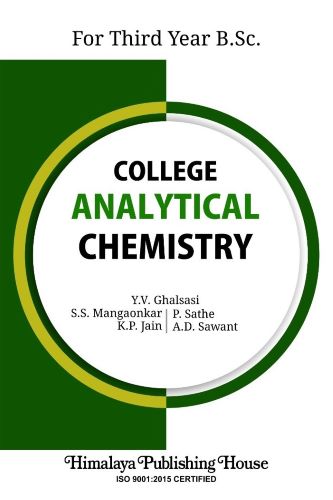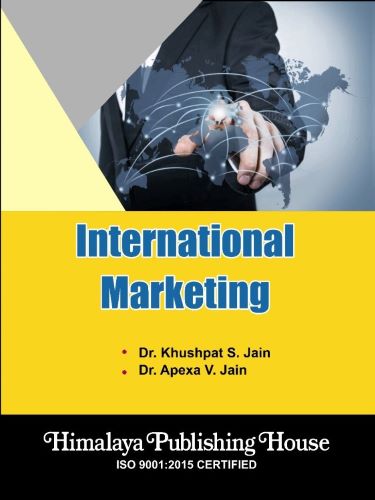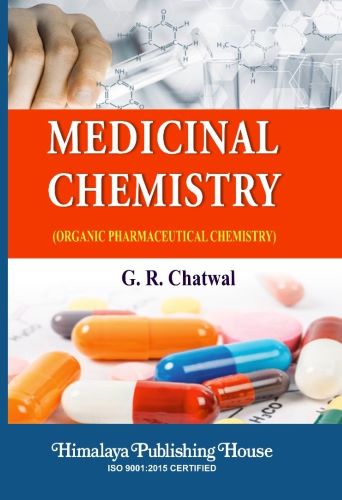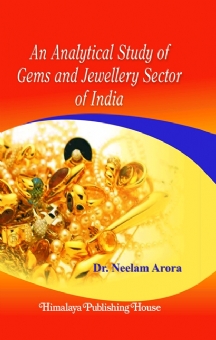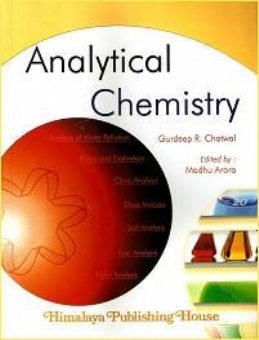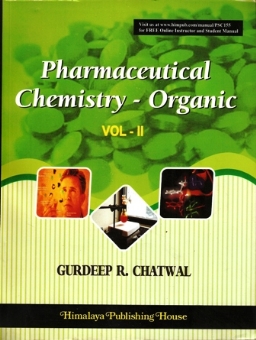The authors are happy to plase the twenty-third edition of this book in book in the hands of the students. This Tis a completely revised edition as per the new syllabus for the Third Year B.Sc. class prescribed by the University of Mumbai. In preparing the Twenty-thired edition, the objective has been essentially the same as with the first edition, the objective has been essentially the same as with the first edition, namely to explain the principles involved in various analytical techniques, methodology and instrumentation. The emphasis, as before, is on simplicity and clarity.
Analytical Chemistry has developed into a major branch of chemistry as a result of an evolution of analytical methods for over two hundred years. The so-called classical methods, although time-consuming, can still give reliable results in the hands of a good analytical chemist. Mass spectrometry and use of computers in chemical analysis are modern methods introduced in the new syllabus. These topics have been dealt with a little detail. The methods of recent times – the modern methods, utilise sophisticated instrumentation and in almost all cases utilise electronic circuitry. These techniques are highly sensitive and much less tedious. The syllabus is a judicious mix of both classical and modern methods of analysis. The budding analytical chemist can gain knowledge and inspiration by looking into the past as well as the future. All that is expected of an analytical chemist is an analytical mind which allows him to arrive at a rational decision about the problem under investigation.
Contents –
Semester V
1. Treatment of Analytical Data – II and Sampling
2. Separation Techniques – II
3. Optical Methods
4. Titrimetric Analysis
Semester VI
1. Electro Analytical Techniques
2. Food and Cosmetics Analysis
3. Chromatographic Techniques – II
4. Thermal and Radioanalytical Methods

